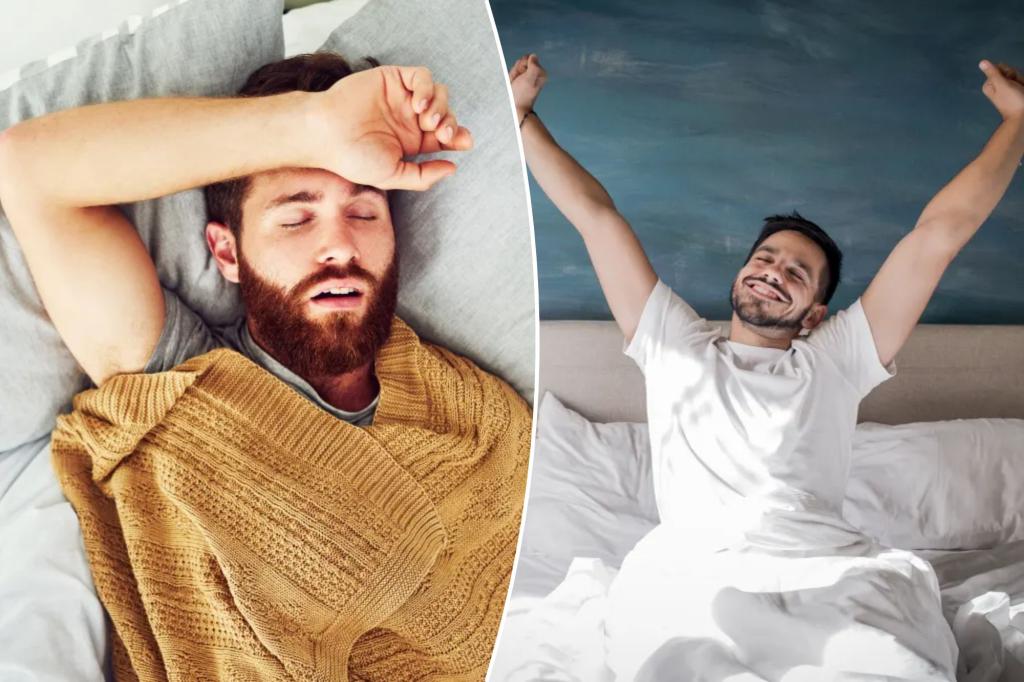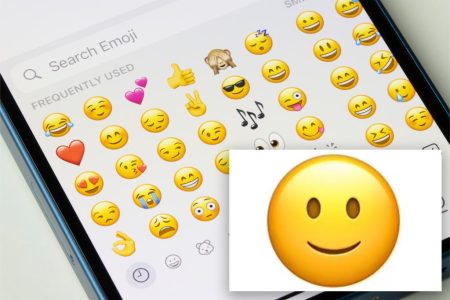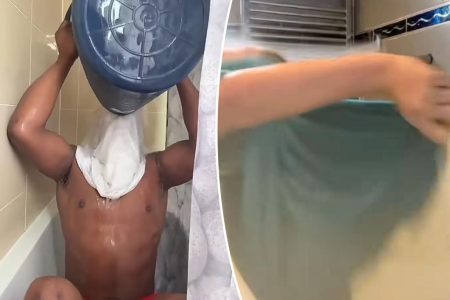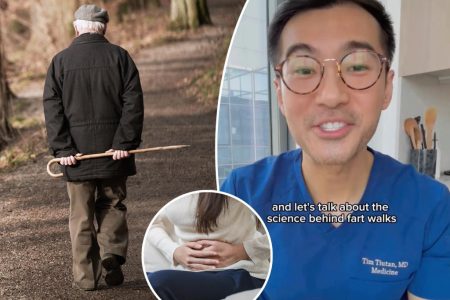A study from Auburn University found that most sleep tips shared on TikTok are supported by scientific evidence as younger generations increasingly use social media for health information. Researchers transcribed the most-viewed TikToks using specific hashtags related to sleep hacks and identified 35 unique sleep tips grouped around seven themes, including calming activities, use of electronics, environment, foods/substances to avoid and use, schedule, and other sleep-related behaviors. Of these tips, 29 were backed by scientific research, indicating that the sleep research and sleep medicine communities have effectively promoted appropriate tips for sleep hygiene.
Lead study author Brian Gillis stated that the study results suggest that the public is learning valuable information about sleep in a comfortable environment like social media, where many individuals feel at ease learning about health topics. A poll showed that 87% of millennial and Gen Z TikTok users gather nutrition and health advice from the platform, with 57% admitting to being influenced by or frequently adopting nutrition trends promoted on TikTok. However, it is essential to note that health advice on TikTok is unregulated, and a recent analysis from the University of Chicago found that a significant portion of sinusitis-related TikToks contain non-factual information. Therefore, health care professionals are encouraged to be more active on social media to combat misinformation.
The study results will be presented at the SLEEP 2024 meeting of the Associated Professional Sleep Societies in Houston, highlighting the importance of utilizing social media platforms like TikTok to disseminate accurate and evidence-based health information. While the majority of sleep tips shared on TikTok are supported by scientific evidence, only six out of 35 tips were found to be unsupported by research, indicating a strong alignment between sleep research and the content shared on social media. This signifies a positive trend in promoting healthy sleep habits through accessible and engaging platforms like TikTok, which are popular among younger demographics.
The themes identified in the study, such as calming activities, environmental factors, and sleep-related behaviors, reflect essential elements of sleep hygiene that are crucial for promoting quality sleep. With the increasing reliance on social media for health information, it is essential for healthcare professionals to actively engage with platforms like TikTok to ensure that accurate and reliable information is readily available to the public. By leveraging the popularity and reach of social media, healthcare professionals can help combat misinformation and promote evidence-based practices for improving health outcomes.
The study findings underscore the potential of TikTok as a platform for promoting health education and awareness, particularly regarding sleep hygiene and wellness practices. With a significant percentage of TikTok users turning to the platform for nutrition and health advice, there is a unique opportunity to leverage social media for disseminating evidence-based information and combating misinformation. By engaging with younger generations where they are most active, healthcare professionals can play a vital role in shaping public health knowledge and behavior patterns, ultimately contributing to improved health outcomes and well-being among individuals across different age groups.














